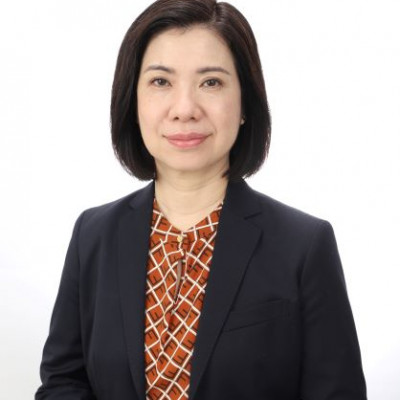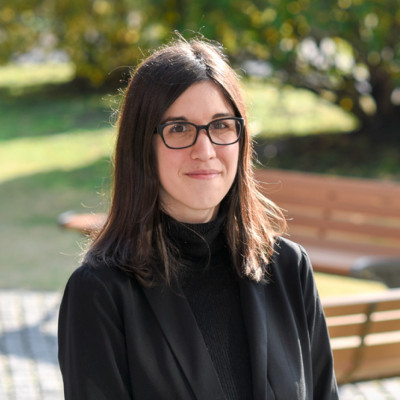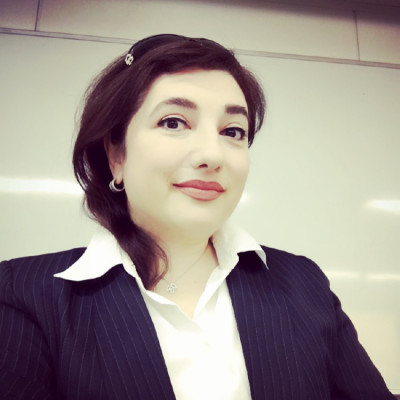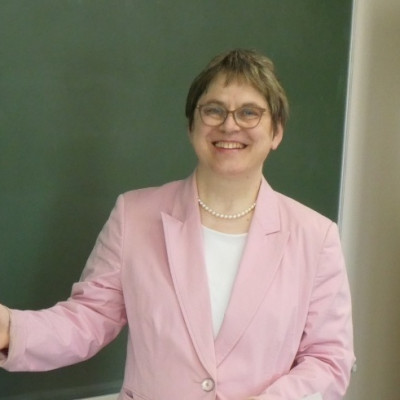Sessions / Webinar

Task-based teaching – but what about the grammar? #1379
How did the world’s bi-lingual and plurilingual people learn the languages they speak? Were they taught or did they acquire them naturally? And how can task-based teaching help? I will show (by demonstrating a task in action) how a pre-task preparation phase and a three part task-based cycle (Task, Planning, Report) can enhance essential conditions for natural language learning both inside and outside the classroom. Interestingly, explicit grammar instruction is not an essential condition, but it has been shown that some focus on language form can help enhance learning.
But what do we mean by grammar? We used to see Grammar and Vocabulary as fairly separate entities. But insights gained from Corpus Linguistics reveal that the relationship is more of a cline, from word to phrase (fixed and partially fixed), collocation, pattern, class and structure. Communication is largely lexically-driven; after all, it is words and phrases that carry the meanings that learners will need to understand and express in order to become confident speakers. Knowledge of grammar can help them fine-tune if there is time and a need to do so. How to incorporate these insights into task-based teaching? I will show how the meaning-focussed text-based task cycle we began earlier can be followed by a range of different form-focussed activities that highlight and explore multiple aspects of grammar occurring in the texts and the task recordings that form the learner’s ‘pedagogic corpus’. Activities involve consciousness-raising, recall, extension, correction and consolidation. I will demonstrate various starting points: a single word or phrase, or a semantic field (e.g. topic-related phrases) that can help learners identify useful forms, build on them and extend their use into their personal repertoire of language appropriate for global communication.
Bio: Writer of several prize-winning books, Jane Willis worked extensively overseas as an English teacher and trainer before moving to Aston University’s Masters in TESOL programs. Now retired, she lives in the English Lake District and enjoys fell walking. She also teaches tai chi and is still quite active on the TBLT scene. See www.willis-elt.co.uk
This plenary is sponsored by JALT Task-Based Learning SIG.






Local and Global Perspectives: Plurilingualism and Multilingualism - Trends and Needs / Closing Ceremony #1501
The panel discussion at PanSIG 2021 aims to address the conference theme in relation to foreign language education in Japan. We invited four experts who are teaching and researching in Japan to contribute and discuss this issue from their perspective of research, practice and experience. PanSIG 2021 Panel discussion invited guest speakers are: Fumiko Kurihara (Chuo University), Tomokazu Ishikawa (Tamagawa University), Paula Martinez-Sires (Nihon University), Alexandra Shaitan (JALT Bilingual SIG). Interlocutor/moderator: Mehrasa Alizadeh (Osaka University).
In Japan the insular attitude to one culture one language is often stressed yet Japan has quite a diversity throughout its regions. Japan is an international oriented country, globally connected, with the Japanese passport most valuable to travelling to 193 countries (Japan Times April 16th, 2021). There had been efforts by the Ministry of Education, Culture, Science and Technology Japan (MEXT) to internationalize, globalize its educational system, yet there are still pitfalls regarding the level of foreign language proficiency mostly related to English (MEXT uses foreign languages but this is understood often as English (American English)). At the same time Japanese as a foreign language had been getting more attention, English only programs established to attract students from other countries, foreign scholars were invited teaching Japanese culture, history etc. The integration of a needed workforce from other countries (mostly from Asian countries, South-America) is acknowledged more and more as a demanding task, Japan becoming a tourist spot with more than 30 Million visitors in 2019. This is reflected in the research and topics of many studies and conferences. Namely, JACTFL (Japan Council on the Teaching of Foreign Languages, 日本外国語教育推進機構) is putting the plurilingual (複言語) and multilingual (多言語) language education in the center of its agenda, backed by the Japan Association of Language Policy (JALP). PanSIG 2021 is a conference organized by JALT Special Interest Groups (SIGs) and this theme was chosen to shed light on JALT as the Japan Association for Language Teaching having many SIGs with topics related to the plurilingual individuum and the multilingual environment (society, classroom), teaching language and languages: Other Language Educators SIG, Bilingual SIG, Global Issues in Language Education SIG, CEFR & LP SIG, Intercultural Communication in Language Education SIG, Learner Development SIG, Teacher Helping Teachers SIG, Japanese as a Second Language SIG, Teaching Young Learners SIG, Study Abroad SIG and more.
Closing Ceremony #1615
This follows on from the panel discussion.